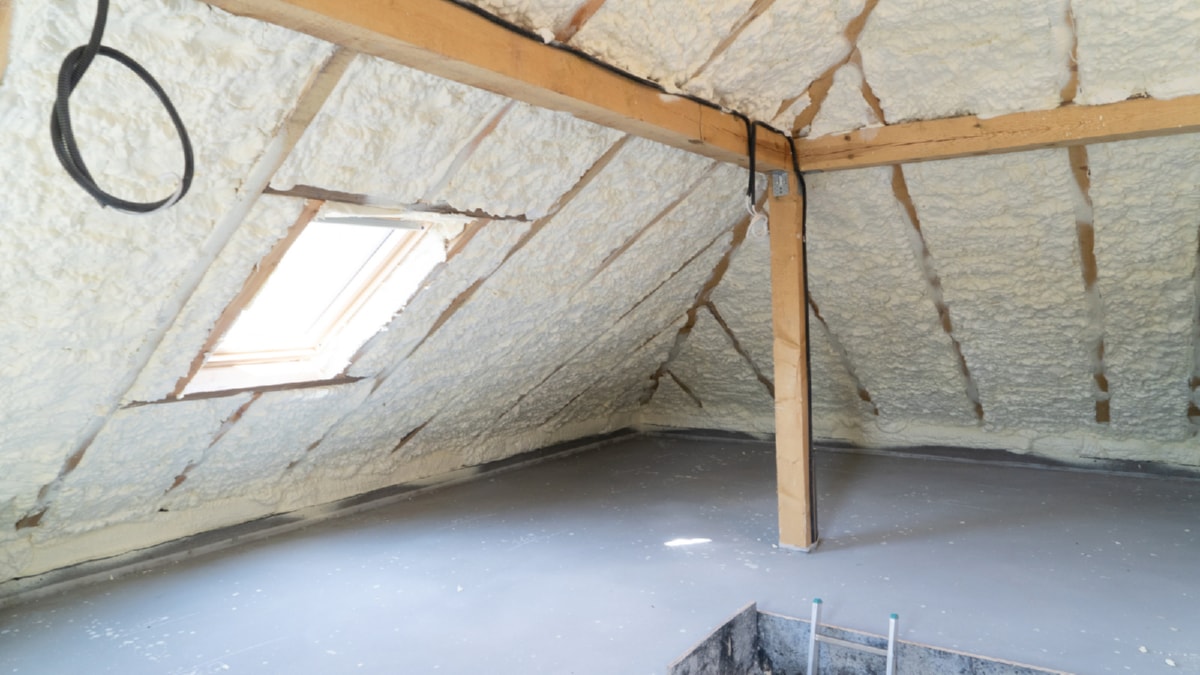In the ever-evolving world of construction, the industry continuously embraces change by adopting advanced, innovative, and cutting-edge technologies. These modern construction technologies are transforming the way buildings are designed and constructed, paving the way for more sustainable, efficient, and safer practices.
Modern construction technologies are characterized by the use of digital tools, advanced materials, and innovative building techniques. These not only enhance the design and construction process but also significantly improve the lifecycle of the building, from inception to demolition.
Digital technologies such as Building Information Modelling (BIM) are at the forefront of this revolution. BIM is a 3D model-based process that provides architecture, engineering, and construction professionals with the tools and insight to plan, design, construct, and manage buildings and infrastructure more effectively. It enables greater collaboration, reduces risks and errors, and results in more efficient and cost-effective projects.
Another key technology is 3D printing, which is set to transform the construction industry. It allows for the rapid production of complex and customized building components, reducing waste and increasing efficiency. From printing small parts to entire buildings, 3D printing technology offers endless possibilities for innovative construction.
Drones are also increasingly being used in construction, offering an aerial view of a site that was previously impossible or very expensive to achieve. They can be used for mapping, surveying, and inspecting sites, providing valuable data and insights that can improve decision-making and efficiency.
Moreover, construction is seeing a shift towards modular and prefabricated construction. These techniques allow components of a building to be made off-site, in a controlled environment, before being transported and assembled on-site. This approach offers considerable benefits, including reduced construction times, lower costs, and improved quality and safety.
Advanced materials are another major aspect of modern construction technologies. From self-healing concrete that can repair its own cracks, to translucent wood that can be used for windows and solar panels, the possibilities are endless. These materials can drastically improve the sustainability and energy efficiency of buildings, while also offering unique aesthetic possibilities.
Lastly, the use of robotics and automation is becoming more common in construction. Robots can perform tasks that are dangerous or repetitive, improving safety and productivity. For example, robotic bricklayers can build walls faster than humans, and demolition robots can safely dismantle structures.
In conclusion, modern construction technologies are transforming the construction industry, offering a host of benefits from improved efficiency and safety to enhanced sustainability and design possibilities. As these technologies continue to evolve and mature, the industry will need to adapt and upskill to make the most of these advancements. It’s an exciting time for construction, with these cutting-edge technologies paving the way for a more innovative and sustainable future.
.
For more details, check best interlocking services Toronto or visit their business listing here.



